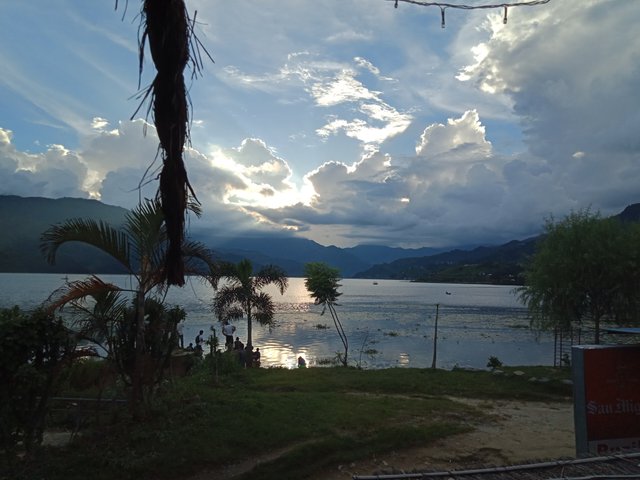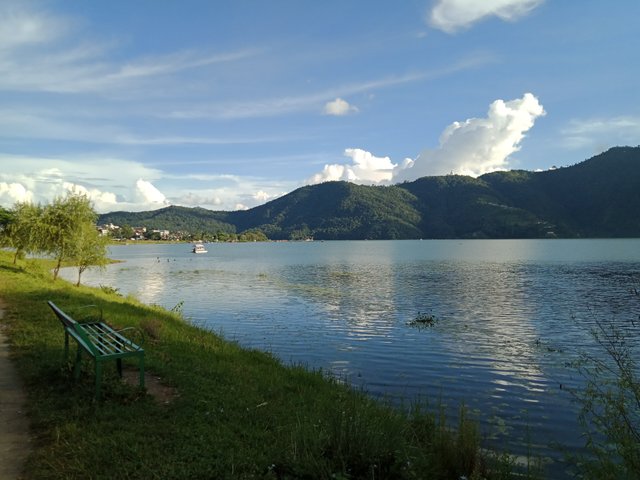The Philosophy Of History

On the surface, history appears to be a long and drawn out subject mainly for academics. We may even feel we have heard enough stories about kings, queens, wars, empires and so forth. But the fact of the matter is that we live in history – we are history in the making - as much as history lives in us.
To borrow a line from Plato; ''What goes into the mouth comes out in the other end, but what is expressed through the mouth can change the course of history.’’
History is not simply a chronological collection of facts from the distant past. General and personal history also contain information that is stored in our DNA, as well as in the collective psyche of humanity as a whole. In other words, to study world history is to learn about ourselves; our successes, our wrongdoings, and our failures. It is to learn what works for the betterment of life in general, and that can prevent us from committing the same mistakes again.

For those interested in history, the first requirement is to drop all prejudices and to be open to discovering what is new. For centuries - if not millennia -the dishonesty of historical events is a long-standing fact. So, firstly we have to face our own self-denial and prejudices. Sociologically, it also involves understanding politics. During the build-up of the kind of civilization we have today, certain facts have been repressed and so fantasy fills the gaps between what is reality and what is illusion.
Out of a basically unknown past, the first convictions came through a system of beliefs, from a desire to understand social and natural processes revolving around ideas and themes which moved from one generation to the next.
From the cementing of beliefs, organised religions arose, and so history became primarily religious. It was expressed orally by the local priests in their communities who held a monopoly of most knowledge via rare books that the common man could neither read nor afford.
Basically, religion was used to hold societies together and formulated in a way that suited (those that proclaimed them) overall cause. So, the main problem of accurate history arises here, because even though a small portion of the religious texts can be considered to be historical, most of its texts are poetic stories that were expressed metaphorically and symbolically.

Realising this, we can begin to ponder the main reason why it is so important to study what I am calling ’The Philosophy of History.’ This is because our history is by far more powerful than today’s oligarchs - and their money. In other words, an empire, whether it is religious, military, or monetary, comes and goes, whereas our history persists primarily in the minds and hearts of humanity.
Subsequently, if you can influence how people perceive themselves and their origins to be, you can also influence how they formulate their current ideas. In other words, only where the deepest self-enquiry prevails, are we able to discern who and what we really are and have been through the passage of time. Therefore, philosophy and history are intertwined and united essential in order to make distinctions between truth and illusion.
Even though belief tends to precede evidence, there are certain things that we can cling to from indoctrination and preconceived ideas that are socially acceptable and therefore passed down through the passages of time. Therefore, to make sense of our origins, history must be approached in a new way. The Sherlock Holmes character expressed it thus; ’When you have eliminated everything that is impossible, whatever remains must be the truth, regardless of how improbable it may initially appear.’
The modern tendency to approach history is to send expeditions to remote places and excavation sites with the ambition to restore lost understanding about ancient cultures. Yet even though this may give us some answers, the questions about our origins as a species still remains unanswered to this day.

One interesting fact is that the earliest cultures all sprung up on the banks of rivers. Despite the dependency of the life-giving qualities rivers supply, the surrounding environment was harsh and resources were limited compared with today.
The fact is, ’society’ is fragile. Through the immediate necessity to reduce suffering, as well as being prone to failure and premature death, the development of innovations was necessary. Therefore, technology, philosophy, and the sciences are inevitable. With a somewhat stable society came leisure time and further education. But, and as we can see today, when the living fabric of society begins to spiral downward, it cause civilizations to decay from within.
Philosophically, this was due to the result of not understanding the basic human condition. In other words; being human being also constitutes our dreams, feelings and ideas, along with everything else that is not solely tangible to the senses. This came to be known as ‘the teachings of the soul,’ the development of which became the history of philosophy.

Out of an inner longing to understand who and what we really are, we discovered the realms of our inner world, and the consequence of these discoveries also play a role in our historical bearings.
One of the common denominators in searching for a thorough understanding of ancient civilizations, is that in reality ,they all failed. This questions the meaning of our own lives - and also challenges our future.
As I personally see it, the lingering messages from the passages of time are clear; if we don’t fully understand our history, then we are doomed, because history forces us to ask intelligent questions that can give us answers to our survival as a species.
Where will we be 1000 years from now? Will we be remembered as a civilization that had something but misused and therefore lost it? Will we, as individuals, ever be truly free? How do we reach true freedom for everyone? Are we going to be a civilisation that becomes a forgotten page of history? Or do we choose to uniify our understanding and at last evolve into something greater?
In this sense, there seems to be no other way to know where we are going - other than through understanding the history of being ‘human.’
